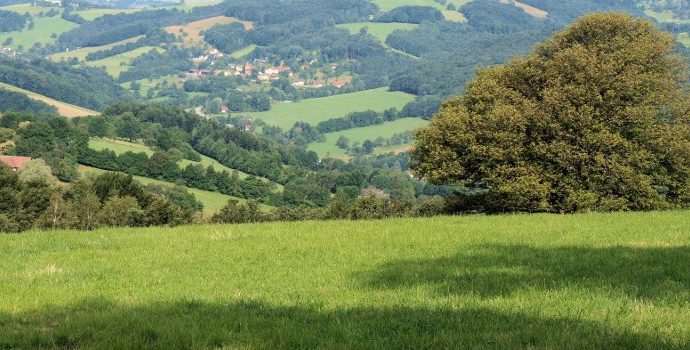European Parliament Takes Common Sense Approach to Emissions Directive

Speaking from Strasbourg, IFA President Tim Cullinan said the outcome of the vote on the Industrial Emissions Directive (IED) was a victory for common sense.
The Parliament voted not to include cattle within the scope of the IED, and also not to bring in more pig and poultry farms.
Tim Cullinan said including livestock farming within the IED was the completely wrong approach in the first place.
“Farms are already heavily regulated and they are not ‘industrial’ units. We have a pasture-based system in this country. This was driven by ideology, not science, and it’s the ‘thin end of the wedge’ to force a costly licensing regime on farming,” he said.
The EU Commission had been seeking to have every farm with more than 150 Livestock Units included within the scope of this Directive. The negotiating position agreed by the EU Council had increased the threshold to 350 Livestock Units.
“COPA, the European farm organisation, of which I am the Vice President, and IFA have been running a strong campaign at EU level to protect family farms since the proposals first appeared last year,” he said.




